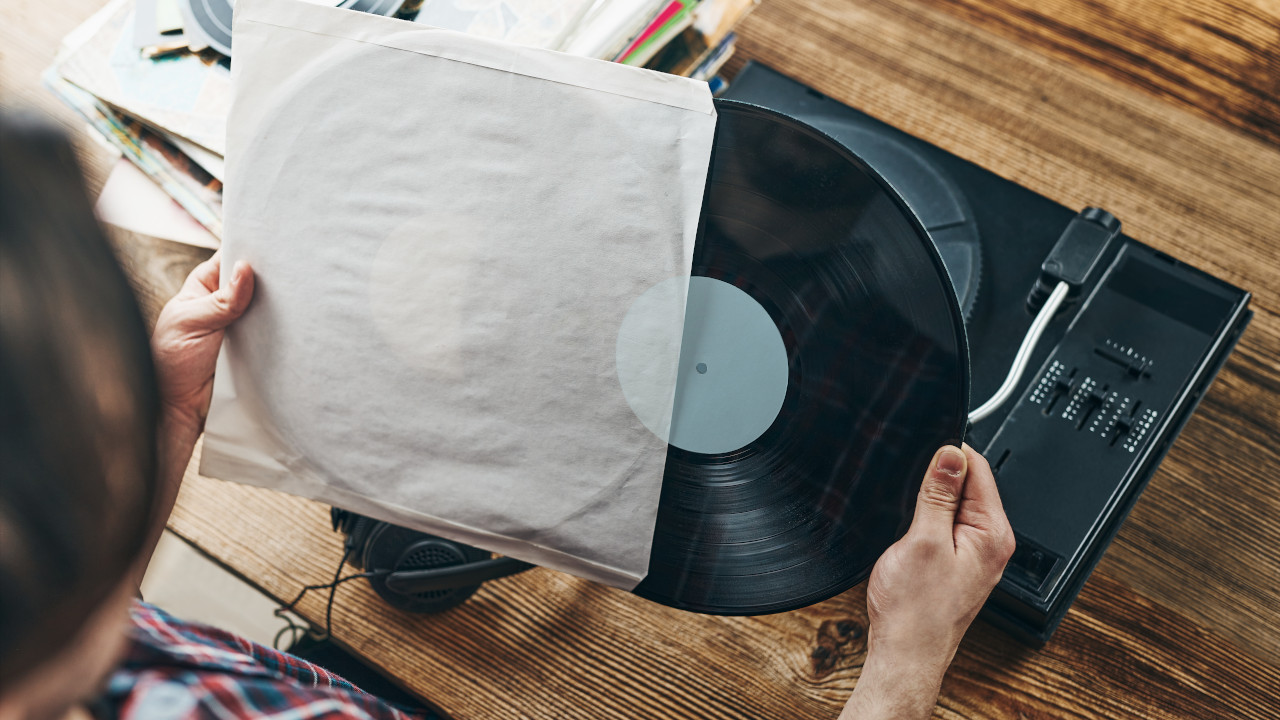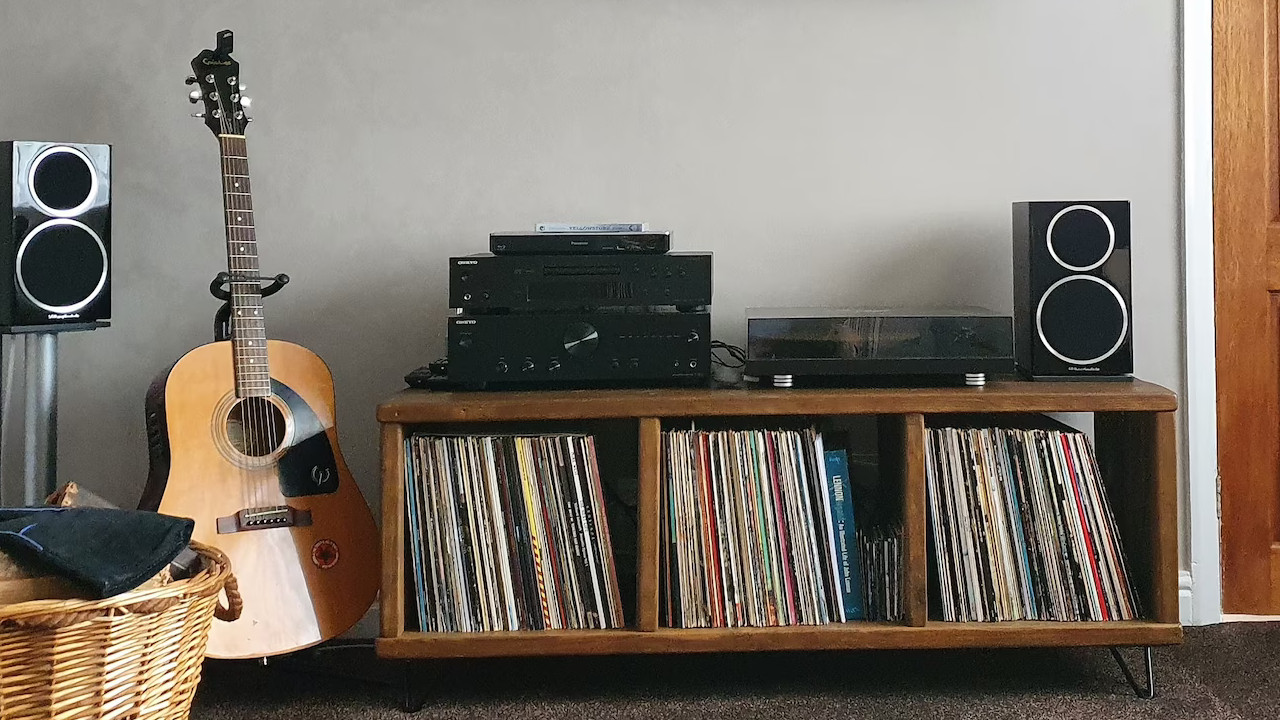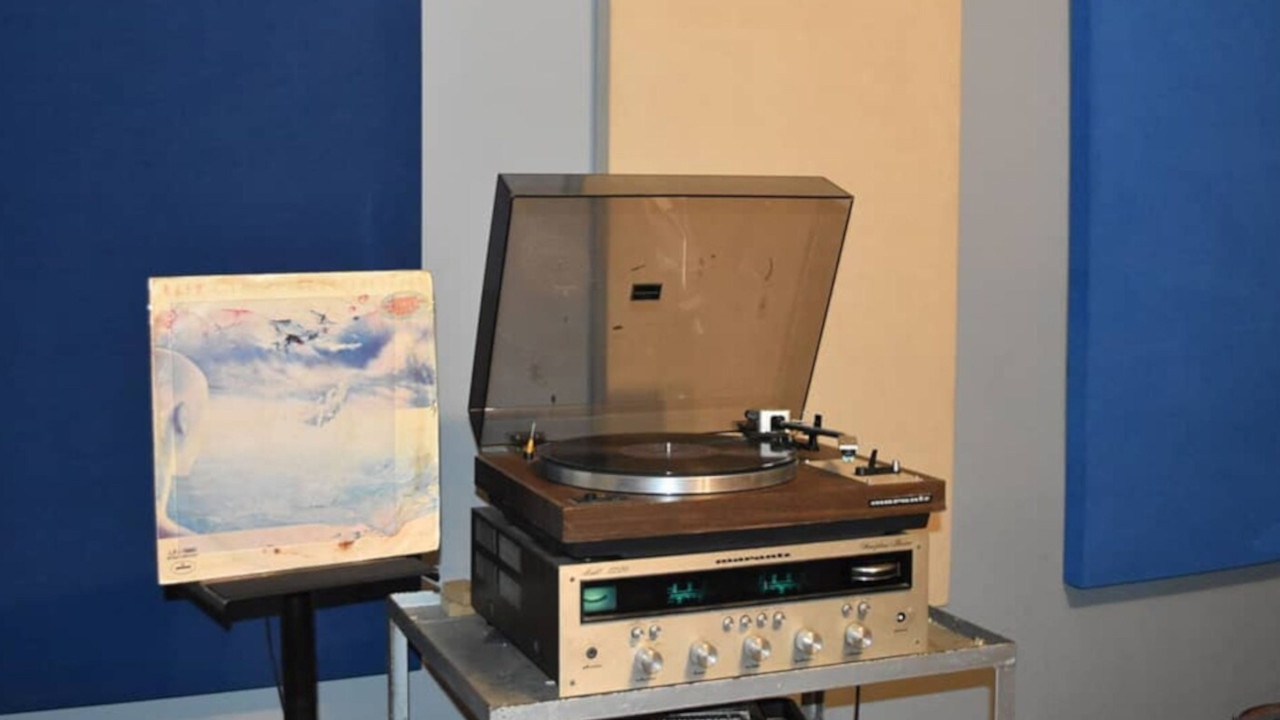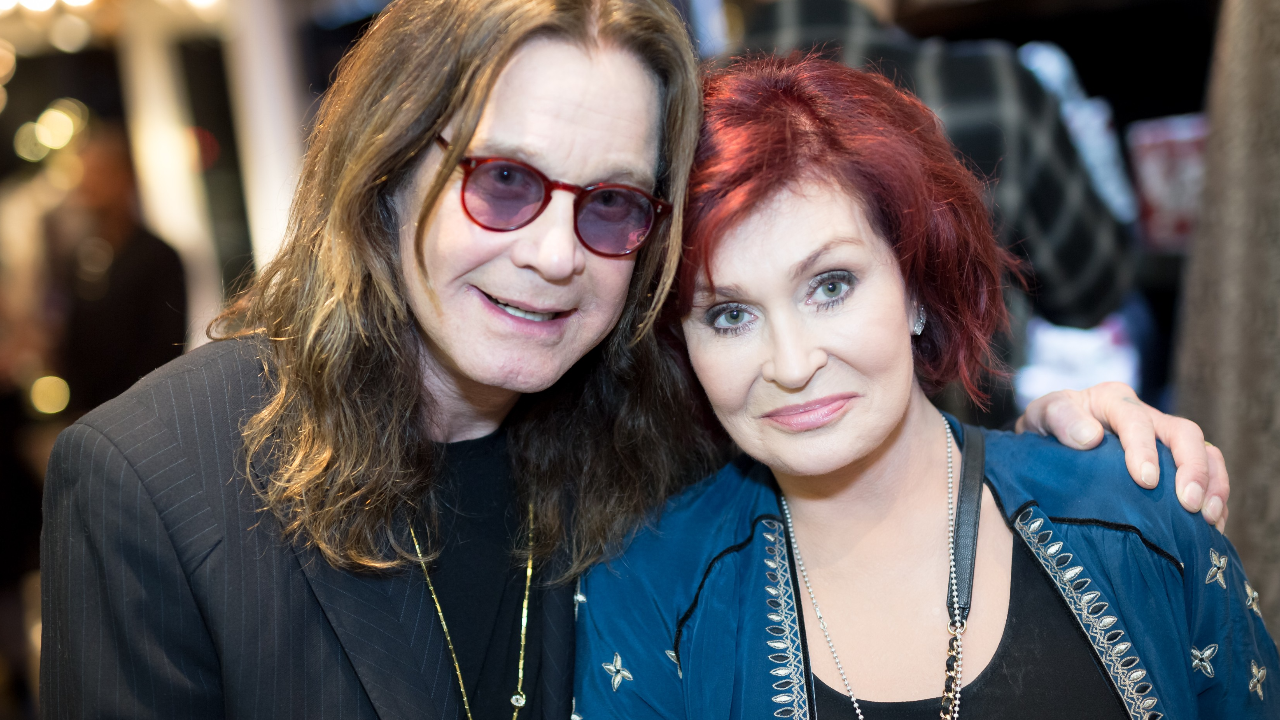7 ways to make your vinyl sound better
You've bought a bunch of vinyl and a record player - but how can you get the best from your set-up? We have seven handy tips to get you up and running

One of the main benefits of having a vinyl record collection comes in that glorious sound quality. Compared to streaming or CDs, vinyl can - when paired with the right record player, amp and speakers - take on an almost ethereal nature with which even the best music streaming services just can’t compete.
There are, however, pay-offs. Vinyl requires a degree of care and attention to ensure it sounds its best. In this article, I've outlined a few simple steps you can take to make your vinyl sound better. From examining the entire system on which it plays, through to ways you can tend to the records themselves, I'm here to help your music sound the best it can.
1. Look after your records
Being a fan of vinyl can end up being quite an expensive hobby. Vinyl records - especially new ones - are not cheap, so it makes sense you’d want to look after your investment properly. First consider the way in which you store them. Vinyl hates heat and humidity, so keep them as far from radiators and direct sunlight as you can. Keep them stored upright; while you could hypothetically store a couple of records flat while lining up the next one, I would advise against this being a long-term solution.
It’s worth considering investing in a dedicated vinyl cleaning kit too. These usually consist of an anti-static cleaning solution and a brush or velvet pad to help get all the grime out of the grooves. A quick blast of your records every few months should be enough to keep them in tip-top shape.
2. Location is important
More a precaution than something that'll have an instant impact on your records’ sounds, but still worth keeping on the list. Essentially, if your record player is stored somewhere that has even the tiniest bit of wobble such as a creaky floorboard or placed next to a door, then you’re running the risk of things going wrong. Remember, it’s the speakers that make the sound so they can go anywhere, but the player itself needs to be somewhere it can be left in peace to work its magic.

3. Look after your cables
It’s not unusual for even high-end music studios to have cable worries. The amount of broken or iffy-sounding studio or sound systems I've come across over the years which have been fixed by either reattaching or replacing a cable would make you laugh. It sounds basic but it’s a simple issue to resolve. Start by checking all the wiring from your turntable to your amp and on to their speakers, and make sure everything is seated properly and looks as it should. If your cables are a bit on the older side, then this is a quick and inexpensive thing to upgrade on too.
4. To amp or not to amp
There are many great turntables which come complete with an integrated phono output, meaning you can connect them directly to a set of speakers without using a separate phono preamp. This is great but, given the option, I would always opt for a specialist amp. They don’t have to be hugely expensive - brands such as Cambridge Audio and Denon have some great options - but as the final stage between your records and your ears, it makes sense to consider investing in something a cut above the cheap built-in phono stage.
The latest news, features and interviews direct to your inbox, from the global home of alternative music.
5. Speaker placement
It’s standard practice to have two speakers running in stereo with vinyl records but there’s often more to it than just plonking a speaker on either side of your turntable. You could experiment with moving the speakers further apart or tweaking the angle at which they point towards you. You might also consider upgrading them; understandably, better speakers will make your records sound better but there are different categories of speakers which may be better suited to your listening habits. Bookshelf speakers are great for background or ambient listening but they’re not going to fill the room before a party like some of the loudest Bluetooth speakers will. The speakers you can use will be governed largely by the connectivity options available on your amp or turntable, so be sure to check for compatibility before you spend on a new set.

6. Recalibrate
You'll likely have done an initial calibration on your turntable when you first set it up, but there’s no harm in recalibrating it every few months. Tiny changes can occur which could, over time, damage your records or keep your player from sounding its best. Consider also whether your cartridge is ready for replacement. A cartridge’s stylus will typically last for between 200-1000 hours of playing before it needs changing, so if you’re noticing your music doesn’t sound as sweet as it did a year ago, then this could be the culprit.
7. Treat your space
Acoustic room treatment involves applying a bit of science and engineering know-how to your listening space in the form of foam/cork wall panelling. You can think of it like applying an EQ to your room, ensuring there aren’t any bass dead spots. The panelling itself is not expensive and there's a wide selection available through many sellers on Etsy in a huge variety of shapes, colours and styles. There are plenty of in-depth guides available to show you how to get the best results too.
Conclusion
We’ve all become spoiled with the high quality audio available via streaming platforms which can be beamed to a speaker wirelessly in a matter of seconds. But vinyl listeners tend to have consciously opted for a listening experience over convenience. Vinyl gives listeners that experience and if looked after correctly, can be the gift that keeps on giving. Each of the tips I've outlined above will help make your records sound the best they can be. Sure, you can spend big on speakers and amps but sometimes it can be as simple as storing them properly and giving them a bit of a clean every now and then. What are you waiting for?
Related buyer's guides
- How to properly set up a record player
- Here's our pick of the best Bluetooth turntables
- Best budget turntables: Our pick of the best cheap record players
- The 20 best classic rock albums to own on vinyl
- The best vinyl records to test your turntable
- Find the best portable record players: Turntables for the smallest spaces
- Best headphones for vinyl: Amazing headphones for your record player
- The best phono preamps: Upgrade your vinyl music system
Chris Corfield is a journalist with over 12 years of experience writing for some of the music world's biggest brands including Orange Amplification, MusicRadar, Guitar World Total Guitar and Dawsons Music. Chris loves getting nerdy about everything from guitar gear and synths, to microphones and music production hardware.

